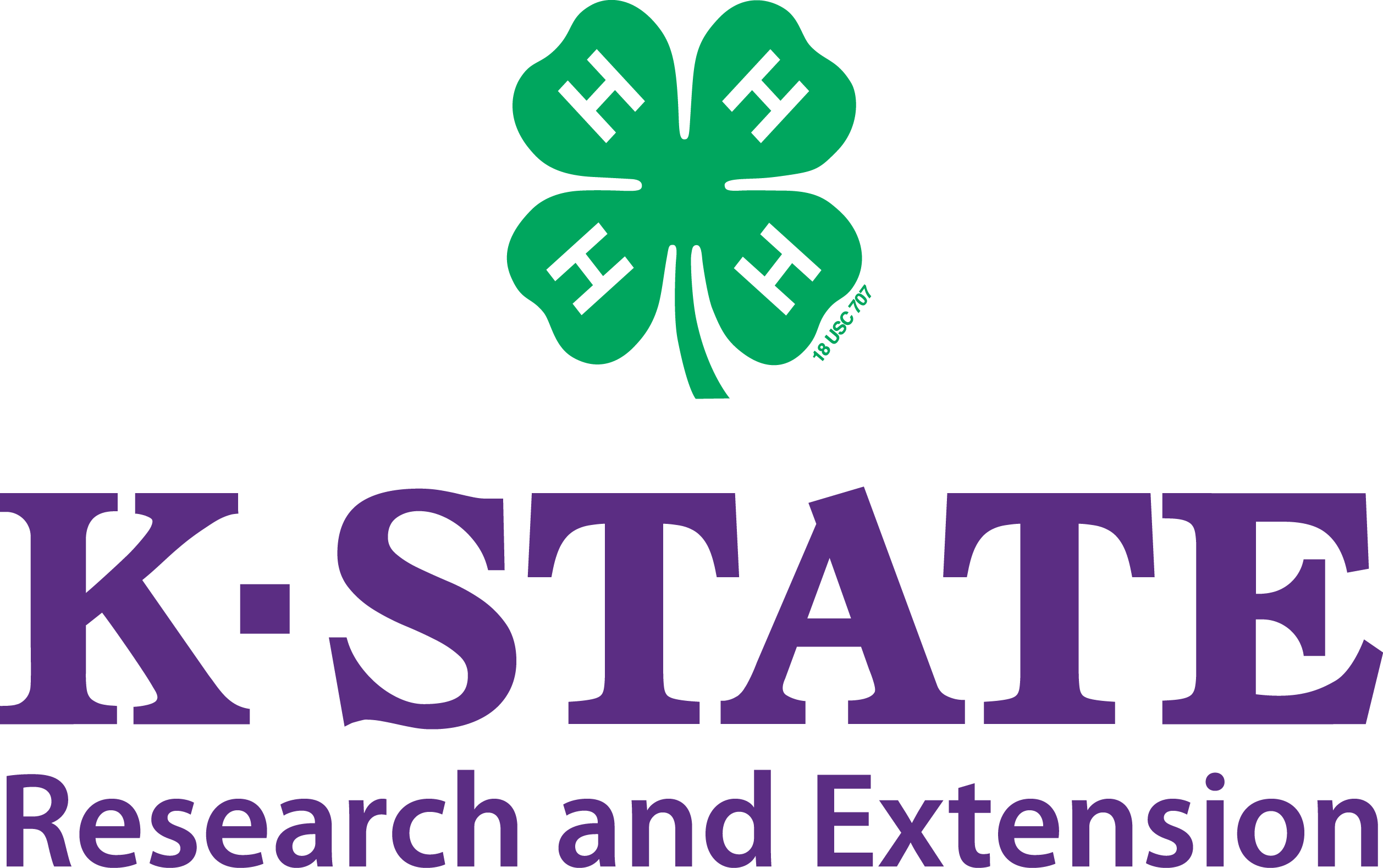Join 4-H
The 4-H year operates from October 1 to September 30. Any Atchison County youth from age 7-18 may join 4-H. To join 4-H, youth should be age 7 prior to January 1 of the current 4-H year. 4-H membership opportunities continue until age 18. Youth ages 5 & 6 can participate and Clover Buds, which provides an introduction into 4-H.
If you are considering joining 4-H, check out the New Family Guide to learn more about what Atchison County 4-H has to offer!
Enrollment Information
Joining 4-H is EASY!
Youth may enroll in Kansas 4-H at any time! 4-H clubs are open to all young people who are residents of Kansas and between the ages of 7 and 19.
The 4-H calendar year begins October 1 and concludes on September 30th. Youth who turn 7 before January 1 of the current 4-H year may enroll. Youth who turn 19 before January 1 of the current 4-H year are ineligible to enroll.
4-H Cloverbuds is an educational, youth development opportunity specifically for 5 and 6 year old children. To be eligible to participate, a child must have celebrated his or her 5th or 6th birthday before January 1 of the current year.
Enrollment opens October 1, 2023. To Enroll:
- Atchison County currently has 5 community clubs- Atchison Shamrocks, Lancaster Lightning, Shannon 4-H, Meadowlark 4-H, and Effingham Community 4-H. Contact our extension office for details about meeting times at atchisoncoext@ksu.edu or (913) 330- 0050.
- Visit 2-3 clubs to find one that fits your family. Factors to consider may include age of membership, meeting time and location, and project areas of interest.
- Enroll online at v2.4honline.com
Once enrolled, 4-H youth will be eligible to use curriculum and participate in club meetings, workshops, and day camps, and any 4-H sponsored events from the local to the national level. Select events, such as the county fair and certain project areas may have specific project enrollment deadlines for participation. These deadlines must be met for participation.



